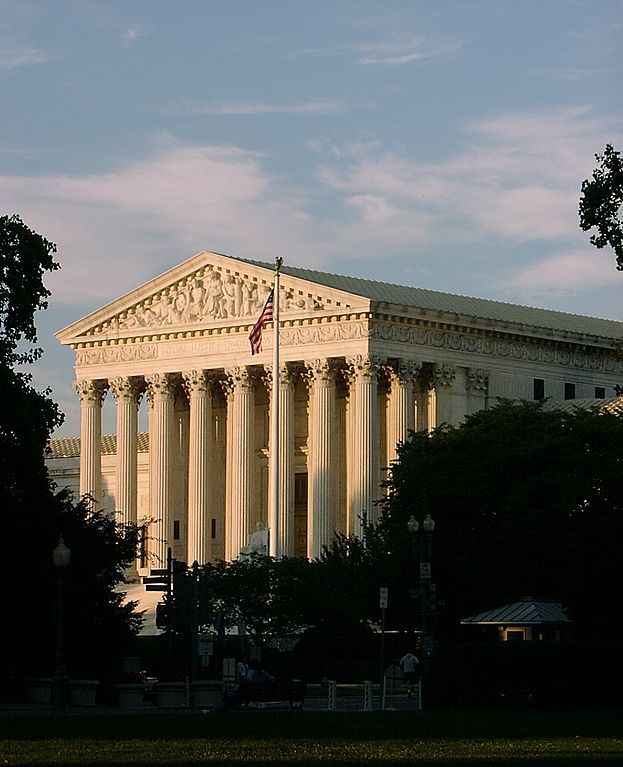
I was very pleased by the Supreme Court’s 7-2 decision yesterday in Masterpiece Cakeshop v. Colorado Civil Rights Commission. Here are some worthwhile initial commentaries written in response to the decision:
“Masterpiece Cakeshop Ruling Is a Win for Religious Freedom, But . . . “
“In Masterpiece Cakeshop, Justice Kennedy Strikes a Blow for the Dignity of the Faithful”
“Christian Baker 1, Officious Bureaucrats 0”
“What Does the Masterpiece Cakeshop Decision Say About the Free Speech Claim?: Four Justices opined on this issue, with Justices Thomas and Gorsuch saying that requiring bakers to make cakes for same-sex weddings is an unconstitutional speech compulsion, and Justices Ginsburg and Sotomayor saying the opposite.”
“The Court’s Religious Discrimination Reasoning in the Masterpiece Cakeshop Case: Why did the Court find that Colorado acted based on hostility to religion — and thus violated the Free Exercise Clause — and not just based on hostility to sexual orientation discrimination?”
***
In honor of the Supreme Court’s decision, here are some quotations from John Stuart Mill’s great essay On Liberty:
“If all mankind minus one, were of one opinion, and only one person were of the contrary opinion, mankind would be no more justified in silencing that one person, than he, if he had the power, would be justified in silencing mankind.”
“Society can and does execute its own mandates: and if it issues wrong mandates instead of right, or any mandates at all in things with it ought not to meddle, it practices a social tyranny more formidable than many kinds of political oppression, since, though not usually upheld by such extreme penalties, it leaves fewer means of escape, penetrating much more deeply into the details of life, and enslaving the soul itself.”
“A state which dwarfs its men, in order that they may be more docile instruments in its hands even for beneficial purposes–will find that with small men no great thing can really be accomplished.”
“The object of this Essay is to assert one very simple principle, as entitled to govern absolutely the dealings of society with the individual in the way of compulsion and control, whether the means used be physical force in the form of legal penalties, or the moral coercion of public opinion. That principle is, that the sole end for which mankind are warranted, individually or collectively in interfering with the liberty of action of any of their number, is self-protection. That the only purpose for which power can be rightfully exercised over any member of a civilized community, against his will, is to prevent harm to others. His own good, either physical or moral, is not a sufficient warrant. He cannot rightfully be compelled to do or forbear because it will be better for him to do so, because it will make him happier, because, in the opinions of others, to do so would be wise, or even right. These are good reasons for remonstrating with him, or reasoning with him, or persuading him, or entreating him, but not for compelling him, or visiting him with any evil, in case he do otherwise. To justify that, the conduct from which it is desired to deter him must be calculated to produce evil to someone else. The only part of the conduct of any one, for which he is amenable to society, is that which concerns others. In the part which merely concerns himself, his independence is, of right, absolute. Over himself, over his own body and mind, the individual is sovereign.”











